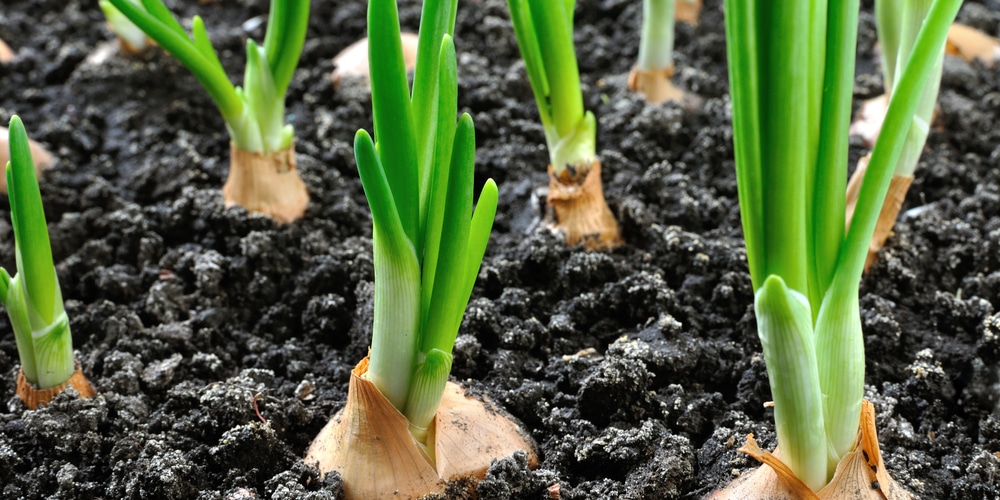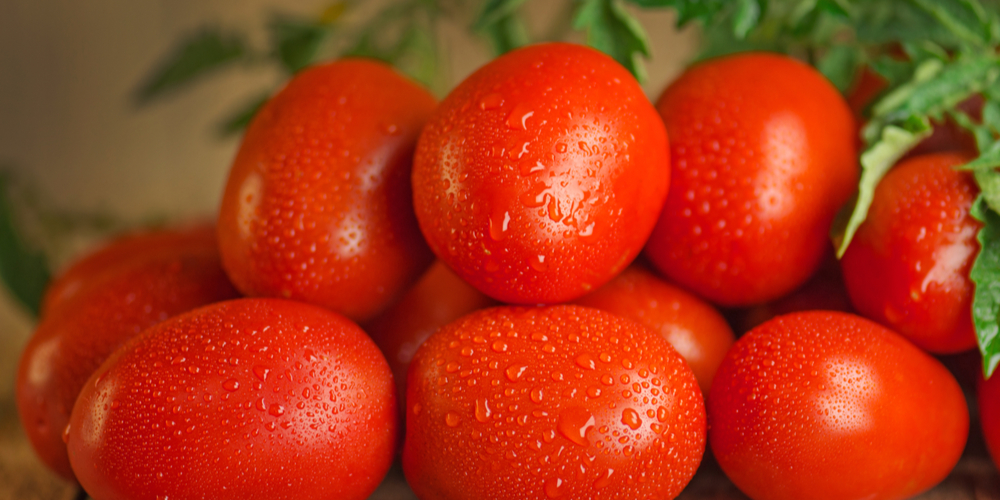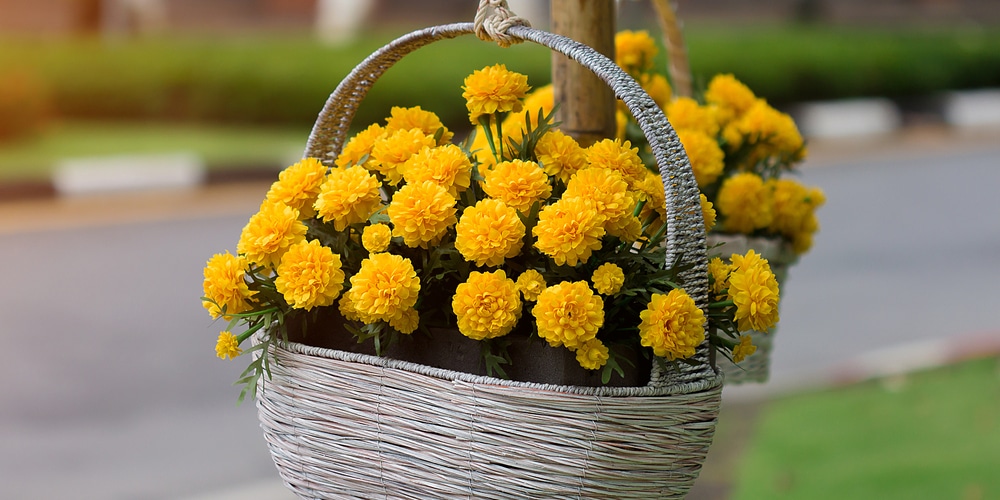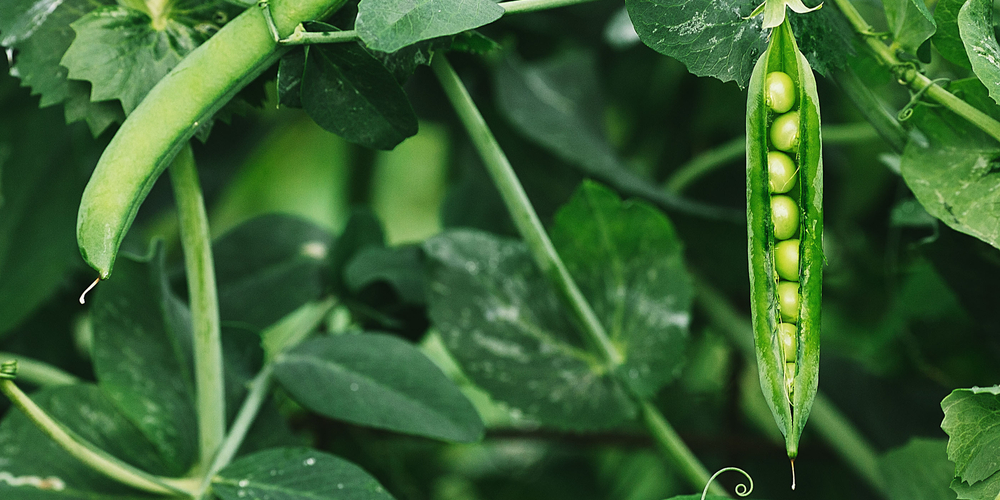Sunflowers are joyous plants that we often associate with summer. With their bright yellow petals and characteristic seed-filled center, these plants contribute to making your garden more attractive. While sunflowers are not particularly hard to grow, you can take advantage of other plants to increase their chances of thriving on your lawn. Let’s look at sunflower companion plants.
The Best Sunflower companion plants
Most people know that sunflowers don’t require too much: they are happy almost anywhere, as long as they receive adequate sunlight and water and good quality soil. But you can increase their success through companion planting.
Having beneficial plants close to your sunflowers can affect your garden’s overall health and looks. Choosing the proper set of plants will result in more appealing plants and less need for maintenance. On the other hand, selecting the wrong species might affect growth. In this “Sunflower Companion Plants” Guide, you will learn about the best plants to pair with your precious yellow flowers.
Onions
Onions are your best choice if your goal is to keep pests away from your sunflowers. The two plants have similar nutrient requirements and can grow close to one another without disturbing each other’s roots. Onions release a characteristic smell that works as an effective pest deterrent.
If you have problems in your garden with small mammals such as squirrels (who love sunflowers’ seeds), chipmunks, or other mammals, consider planting onions close to your plant. And the benefits go from both sides: while onions offer protection, sunflowers can give some shade to the vegetable plant’s leaves and soil, allowing them to grow safely at optimal temperatures. If you don’t like onions, consider planting garlic: they act similarly.
Squashes
Zucchini and squashes are ideal sunflower companion plants. They are fast-growers and, under the proper conditions, produce conspicuous harvests throughout the growing season. Sunflowers give these plants the shade they need to thrive.
Plus, the flowers attract beneficial pollinators, which allow your vegetables to reproduce and keep growing. Indeed, zucchini and squashes have leaves that often hide their flowers, making it more challenging for them to pollinate. Also, squashes and zucchini can deter maggots from attacking sunflowers. It’s a win-win!
Winter Squash Companion Plants
Tomatoes and Peppers
Tomatoes are sun-loving plants that can give you plenty of fruits under the right conditions. However, they tend to be susceptible to aphids, which eat their stalks and leaves and can damage your plant to the point of killing it. Sunflowers can help prevent this by deterring harmful insects.
Together, sunflowers and tomatoes not only look beautiful but also help each other grow and thrive. Something similar happens with peppers. These plants suffer from aphids attacks and need constant attention to limit damages. However, close to sunflowers, the problem disappears. Plus, sunflowers, with their large and dense presence, can prevent sunburn to your peppers.
Lettuce and Kale
Lettuce plants thrive under the shade that sunflowers produce. Some flowers are so big that they can cover entire areas. Under those, lettuce plants will thrive. In turn, they will provide your bright flowers with proper ground coverage and help retain some moisture. Sunflowers will be happy to grow near lettuce and reduce the attacks from aphids, a common problem with these leafy plants.
Just like lettuce, kale also loves the shade and is a great companion plant for your sunflowers. However, it tends to grow fast, meaning you may have to keep an eye on it to prevent it from overtaking your garden.
Lavender
This lovely aromatic herb will not only add some attractive colors to your garden. It will also help your sunflowers get the nutrients they need to thrive. If you are not new to planting lavender in your yard, you may know how attractive this plant is for bees and some varieties of butterflies.
For your sunflowers, that’s something good: the more pollinators, the better. Plus, the contrast between the purple and yellow of the two plants will look stunning, trust us. Don’t forget lavender is perennial: prune it at the end of the season to ensure new growth the following year.
Marigolds
Some species of flowers will not only contribute to adding some beauty to your garden but also make your sunflowers thrive. They can help with pest control and keep the soil moist.
French Marigolds are among the best sunflower companion plants. They don’t require much attention to grow and attract ladybugs while keeping away harmful insects such as black flies and other pests. If you are building a garden bed, consider adding Marigolds: they might be your life saviors! Plus, their flowers are vividly colored and stunning: what more can you ask?
Rosemary

If you like the idea of adding more aromatic plants to your garden, consider getting some rosemary. Plant it close to your sunflowers to get the most out of their mutually beneficial relationship.
Rosemary will benefit from sunflowers’ pollinators and will, in turn, provide your bright yellow flowers with the support their need to thrive. Don’t forget to prune your plant once per year to let it grow in an attractive shape, and don’t allow it to become bushy. You will be able to use rosemary in most of your meals: sprinkle it over roasted vegetables to enjoy its appealing scent!
Beans and Peas
Beans and Peas prefer soils with a pH between 6.5 and 7.5. The same happens for sunflowers. Adding beans or peas next to your flowers can provide both plants with some benefits. Beans can increase the nitrogen content, which will improve your sunflowers’ growth and looks. On the other hand, sunflowers can scare away some harmful pests that might affect beans or peas’ harvests.
Sunflower Companion Plants: The Bottom Line
Now that you know which companions might be beneficial to your sunflowers, it is time to select one that can suit your garden’s conditions. Don’t forget to check your plants’ requirements before getting one. Sunflowers take a while to grow. If you’re unsure, you can use our guide to checking if it’s too late to plant sunflowers.
Ensure you can provide it with all it needs to survive and thrive before you rely on its mutual relationship with your sunflowers. Plants might help each other grow. However, you must take care of them if you want to see them thrive in your garden.
Related Article: When to Plant Sunflowers?







